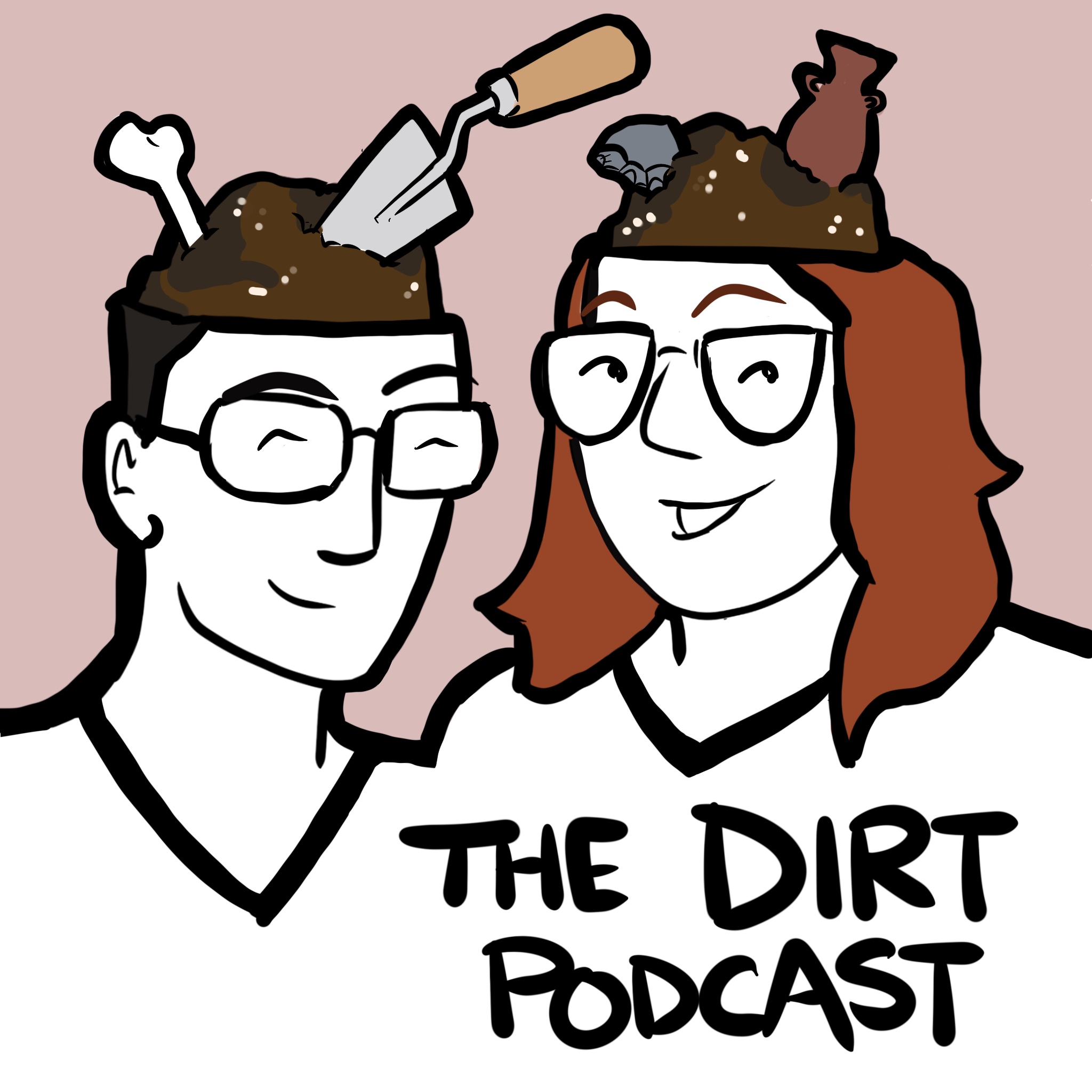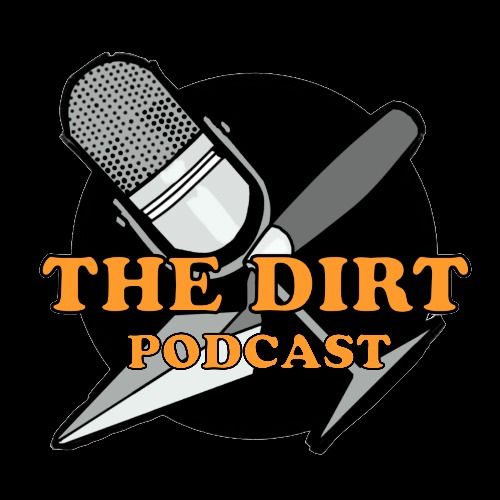Episode 30
The Human Family Shrub: Part 2
Anna heads further up the family tree (as Amber lags behind, gasping), and introduces us to our Australopith and Paranthropus relatives. You can always rely on us for our australo-pithiness: Anna gives us the scoop on Lucy's new neighbor Selam and tells us about why babies have such grabby little hands, while Amber grapples with the prospect of a world before people and realizes she might have met an extinct hominin at a party once.
To learn (and see!) more, check out:
Human Evolution Timeline Interactive (Smithsonian Institution)
Human Fossils (Smithsonian Institution)
Australopithecus africanus (Smithsonian Institution)
Paranthropus aethiopicus (Smithsonian Institution)
Paranthropus boisei (Smithsonian Institution)
Paranthropus robustus (Smithsonian Institution)
Who is Lucy the Australopithecus? Five facts you probably didn't know about oldest hominin ever discovered (The Independent)
Newborn Reflexes (University of Rochester Medical Center)
Palmar grasp reflex experiment from 1932 (YouTube)
Darwinism in the Nursery (Southland Times)
Infantile Atavism: Being Some Further Notes on Darwinism in the Nursery (British Medical Journal)

